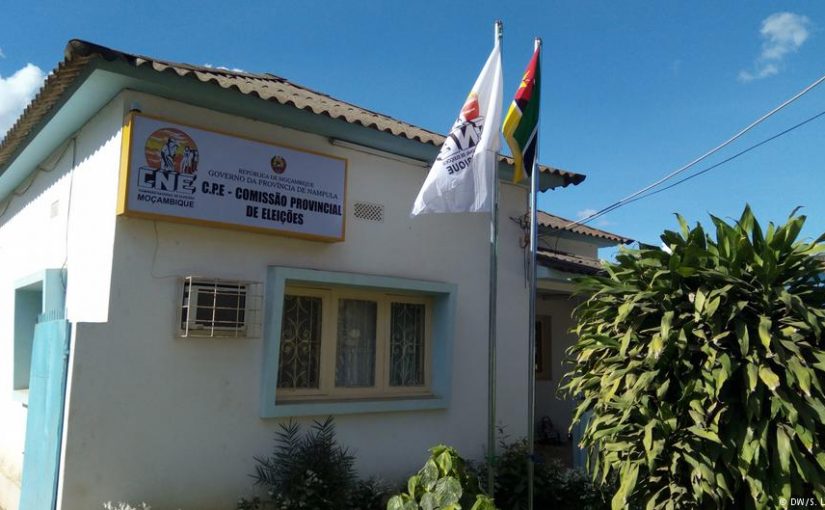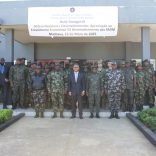Mozambique: Cabo Delgado fighting creates migratory pressure - Kaja Kalas
Unexplained delay in issuing official Nampula results – AIM report

DW / CNE Nampula
Despite an initial promise to release results from Wednesday’s mayoral by-election in the northern Mozambican city of Nampula within a couple of hours of the close of polls, on Thursday the Nampula Provincial Elections Commission announced that official results will not be released until Friday.
No explanation was given for this extraordinary delay, which falls into a pattern of bungling and incompetence shown by the electoral bodies.
The by-election was marked by long delays in opening at least half of the 401 polling stations, and by misplaced electoral registers. Now the public is told that, although all the votes were counted at the polling stations, the overall result will not be made public until Friday.
Disputa à dois #Nampula entre Cololo e Vahanle enquanto autoridades eleitorais torcem para que novo edil seja escrutinado nesta votação como deixou claro o porta-voz da CNE em Nampula “Não estamos preparados para uma eventual 2ª volta” #Intercalar https://t.co/VsX8D7Nqvj pic.twitter.com/3fYAOwy72K
— Verdade Democracia (@DemocraciaMZ) January 25, 2018
Compiling the result is a matter of adding up 401 polling station result sheets. It is hard to see why this could not have been done on Wednesday night.
Mozambican election observers have done their own parallel count. From 90 per cent of the polling stations, this showed that the candidate of the ruling Frelimo Party, Amisse Cololo, was in the lead with 44.5 per cent of the vote. In second place was Paulo Vahanle, candidate of the rebel movement Renamo, with 40 per cent. Lagging behind, with just 10 per cent, was Carlos Saide, the candidate of the Mozambique Democratic Movement (MDM). The remaining five per cent of the vote was shared by two minor candidates.
This result indicates that, since no candidate has over 50 per cent of the vote, there must be a run-off between the two candidates with most votes, Cololo and Vahanle. Under Mozambican electoral legislation body, the run-off must take place within 30 days of the proclamation and validation of the results of the first round by the Constitutional Council, the highest body in matters of constitutional and electoral law.
The Constitutional Council cannot act until the results have been issued by the Provincial Elections Commission and then confirmed by the National Elections Commission (CNE).
The spokesperson for the provincial commission, asked about those citizens who could not vote because their names were not on the electoral registers, said that in some cases they had presented voter cards that were out of date. They had cards that were issued for the 2008 municipal elections.
One of the peculiarities of the Mozambican system is that voters must re-register every five years, a requirement that Renamo insisted on when the electoral laws were first being discussed in the 1990s. A voter card issued in Nampula for the 2013 municipal elections was also valid for the 2014 general elections, and for Wednesday’s by-election, but it will not be valid for the nationwide municipal elections scheduled for October, or for the 2019 general elections.
A Mozambican voter who was 18 in 1994, the date of the first multi-party elections, will by now have been issued with five voter cards, all of which are now useless. It is not surprising if many citizens are baffled by the demand that they must keep re-registering as voters.













Leave a Reply
Be the First to Comment!
You must be logged in to post a comment.
You must be logged in to post a comment.